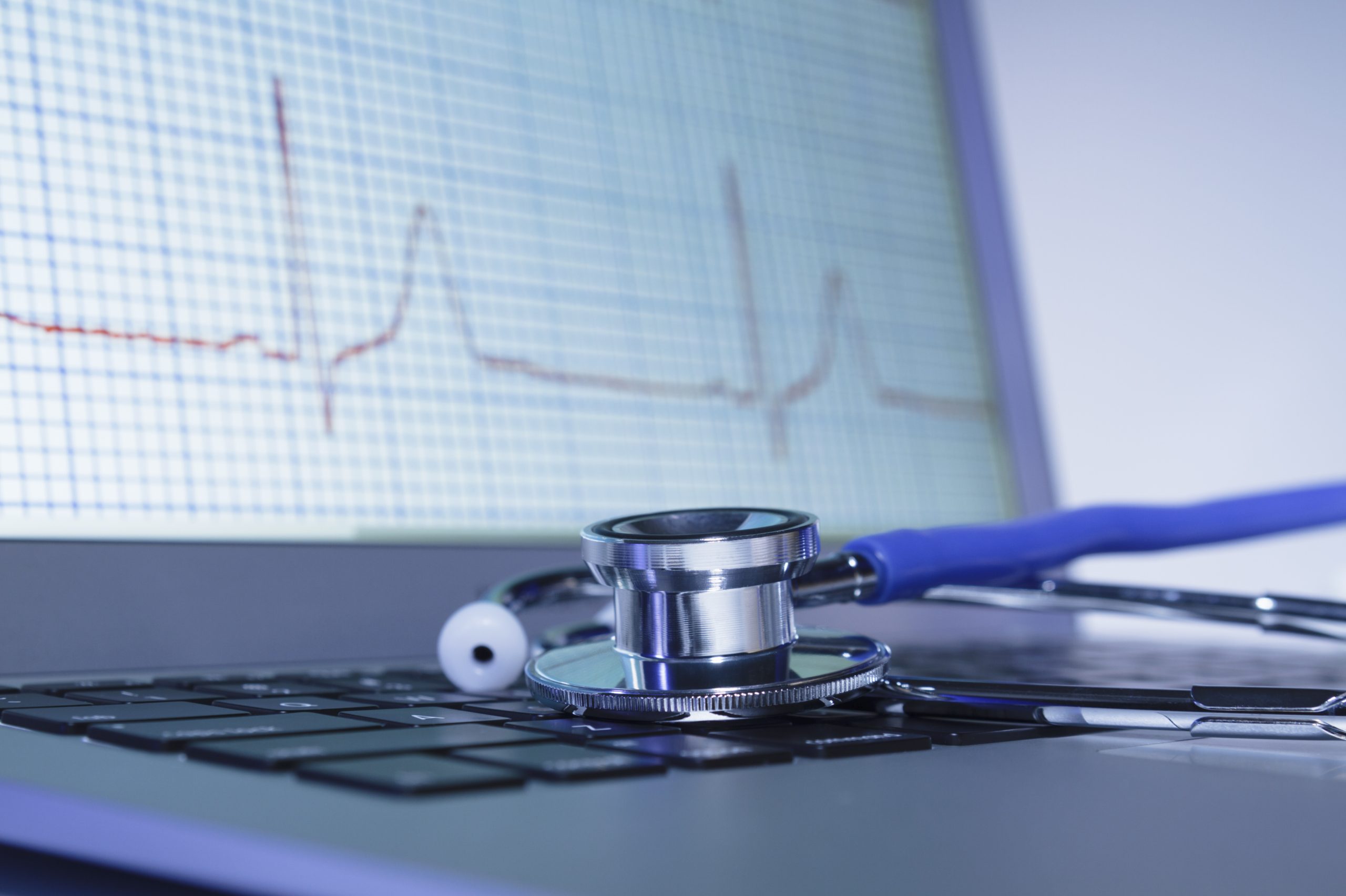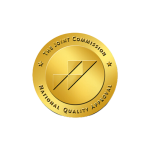What You'll Learn:
- Identifying critical alcohol stroke symptoms.
- Understanding how alcohol can contribute to stroke risks.
- Steps for alcohol stroke recovery and when to seek medical attention.
Strokes are serious medical conditions that can have devastating health consequences. For those struggling with alcohol use, the risks and effects can be even more significant.
Can Alcohol Cause a Stroke?
Chronic alcohol use is known to cause high blood pressure, liver disease, and atrial fibrillation, all of which significantly increase the risk of stroke. The immediate effects of heavy drinking can also raise blood pressure temporarily, which could trigger a stroke.
How Does Alcohol Affect the Body in Ways That Increase Stroke Risk?
Long-term alcohol use can lead to persistent inflammation, arterial damage, and blood thickening, which can all contribute to clot formation. Additionally, alcohol’s effect on the liver's ability to produce blood-clotting factors can either increase or decrease the clotting tendency, each posing different stroke risks.
What are the Typical Alcohol Stroke Symptoms?
Alcohol stroke symptoms mirror those of regular strokes but can be more severe due to the impairing effects of alcohol on the body’s systems. Key symptoms include:
- Sudden numbness or weakness in the face, arm, or leg, especially on one side of the body.
- Confusion, trouble speaking, or difficulty understanding speech.
- Trouble seeing in one or both eyes.
- Difficulty walking, dizziness, or loss of balance.
- Severe headache with no clear cause.
What is Specific Alcohol-Induced Stroke Symptoms?
Alcohol-induced stroke symptoms are essentially the same as those caused by other risk factors but can be aggravated by alcohol’s toxicity. Chronic drinkers may experience more rapid onset of symptoms and more severe outcomes due to their compromised physical health.
What Should Be Done if Alcohol Stroke Symptoms are Noticed?
Immediate action is crucial if you suspect someone is having a stroke. Remember the FAST acronym:
- Face: Look for drooping on one side of the face.
- Arms: Check if the person can raise both arms.
- Speech: Listen for slurred or strange speech.
- Time: If any of these symptoms are present, call emergency services immediately.
What is Involved in Alcohol Stroke Recovery?
Alcohol stroke recovery involves managing the immediate effects of the stroke and addressing long-term health changes to prevent future strokes. This typically includes medication to manage symptoms and prevent further clots, rehabilitation for physical and cognitive impairments, and importantly, alcohol cessation support.
Recognizing alcohol stroke symptoms is vital for prompt treatment and can significantly influence the recovery and quality of life post-stroke. If you or someone you know is struggling with alcohol and is at risk of stroke, it’s crucial to seek help. At American Recovery, our dedicated team is ready to support you through recovery and help manage health conditions associated with alcohol use. Don’t hesitate to reach out to us at 866-484-2502 for support in taking the next steps toward a healthier future.


